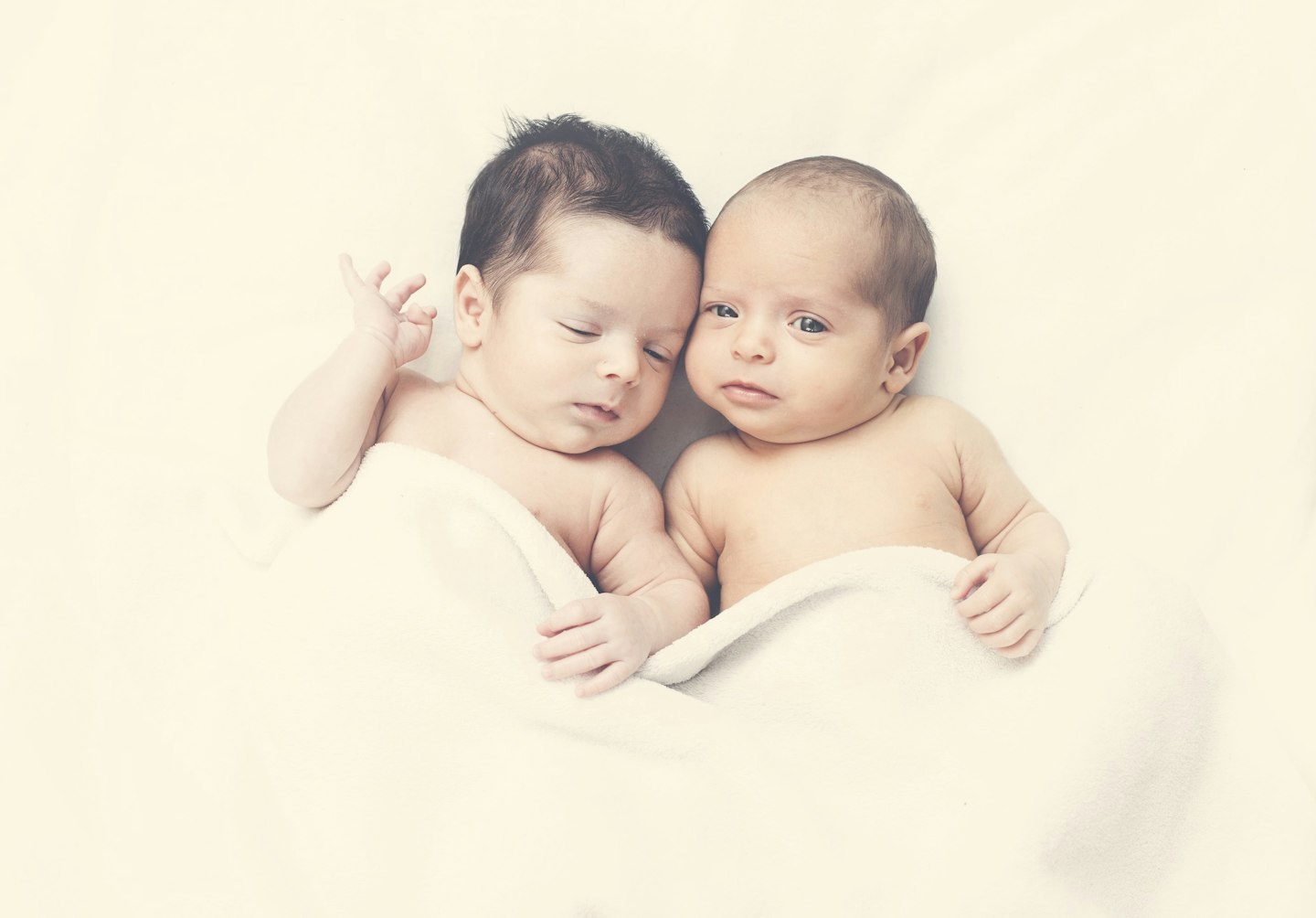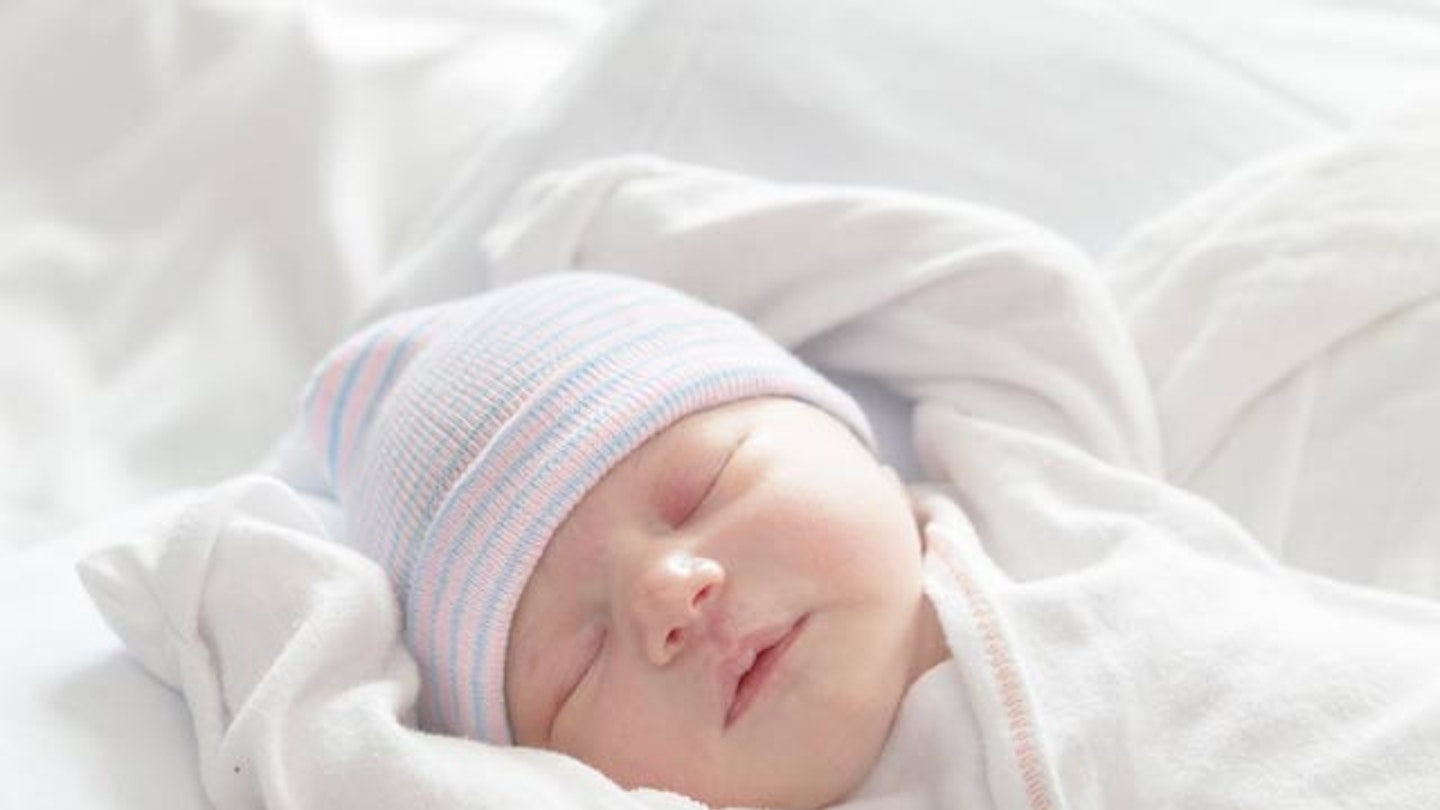Women struggling to conceive may only be offered IVF treatment between the ages of 30 and 35, under new cost-cutting proposals from the NHS.
Health providers in Bristol, North Somerset and South Gloucestershire are considering putting limits in place amid dramatic financial cutbacks in fertility services.
Under current guidelines, women up to the age of 42 can receive a certain number of IVF treatment cycles on the NHS.
However, they must meet specific sets of criteria to be eligible for treatment.
Access is often dependent on policies set by local Clinical Commissioning Groups (CGCs), meaning IVF has become the victim of a postcode lottery.
WATCH: 'Dare To Dream' author Izzy Judd discusses IVF
Already this year, 13 areas of England have restricted or stopped IVF treatment altogether.
If approved, the new proposals would be the first of their kind to impose both an upper and lower age limit for treatment.
"We know how hard it can be for couples who are struggling to conceive and will continue to offer fertility treatment to hundreds of people every year," a spokesperson for Bristol, North Somerset and South Gloucestershire CCGs told the Guardian, as the newspaper published data on cutbacks to NHS-funded fertility treatment.
"Clinical evidence shows that treatment between the ages of 30-35 offers the highest possible chance of success."
Critics raised concerns over the fallout of such a restriction.
"We live in a world where women aren't trying to have children until much later than what it was 20 years ago, and if they find out at that later stage they need help and are told 'you're just too old', that's utterly devastating," Professor Simon Fishel, who pioneered IVF in the UK, told the BBC.

The foundation Fertility Network UK said setting this kind of limited window on IVF access was "arbitrary and unethical".
"There will be many women, who do not meet this criterion, who experience the emotional distress of infertility, who will have their hopes dashed," said deputy chief executive, Leceia Gordon-Mackenzie.
The public is being urged to have its say on the ruling on the website for Bristol, North Somerset and South Gloucestershire NHS services.
Around one in seven couples will have difficulty conceiving in the UK.
Private IVF treatment can be exorbitant, typically costing around £5,000 for a cycle of treatment.
Britain's postcode lottery, long waiting lists and a lack of egg donors mean a lot of women seek treatment abroad, in places such as Spain, Greece and the Czech Republic.
IVF is one of several techniques available to help people with fertility problems. It involves undergoing a course of hormone therapy to stimulate egg production. Eggs are then removed from a woman's body and fertilised in a test-tube ('in vitro') to create several embryos, before being returned to a woman's womb to grow and develop.
Success rates vary, and decline with age. Find out more here.
Read More: Is Freezing Your Eggs A Waste Of Money?
Read More: New Research Into Declining Sperm Count Prompts Fears Of 'Fertility Crisis'
